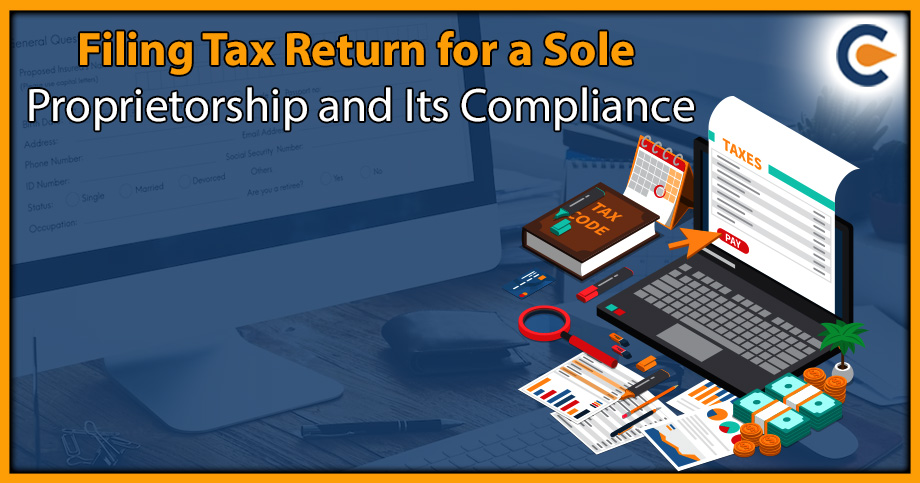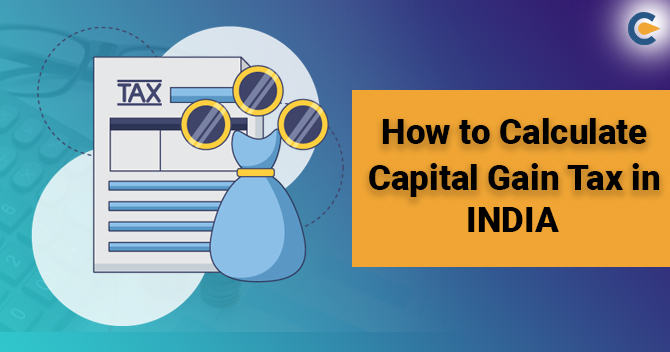A business form known as a sole proprietorship is run and owned by just one person. In this kind of business, the proprietor is liable for the whole amount of all liabilities and commitments made by the enterprise. Due to its simplicity and adaptability, it is the most basic and easy business form and is frequently selected by small business owners. As a sole proprietor, it is your responsibility to include any business revenue on your personal tax return and to pay any taxes that may be due. This taxation type is referred to as “pass-through” taxes since the owner gets taxed on their personal income in addition to the business income. Additionally, sole proprietors must pay self-employment taxes. These taxes, which are determined as a percentage of your business’s revenue, are used to pay for Social Security and Medicare taxes. In order to prevent a heavy tax burden at the end of the year, sole proprietors may also be obligated to pay anticipated taxes throughout the year. For the purpose of completing their tax return and calculating their tax liability, sole proprietors must maintain precise records of their income and spending. In this blog, we will discuss about filing tax return for a Sole Proprietorship and its compliance.
Filing Tax Return for a Sole Proprietorship
Following are some important points regarding filing tax return for a sole proprietorship:
- Deadlines for Filing Tax Return for a Sole Proprietorship: The deadline for filing tax return for a sole proprietorship is usually April 15th, and they must submit their tax returns every year by that day. You can request an extension if you can’t submit your tax returns for a sole proprietorship by the due date. This will provide you more time to file, but not more time to pay any taxes that are outstanding.
- Required Tax Forms: As a sole proprietor, you must submit a Schedule C (Form 1040) together with your personal tax return. Schedule C is used to disclose your business’s income and expenses as well as to compute your net profit or loss. To report and pay your self-employment taxes, you must also file a Schedule SE (Form 1040). Other tax forms may be required in addition to these based on your individual business operations and circumstances. If you have employees, for example, you must file employment tax forms and make payroll tax payments.
- Record-Keeping Requirements: It is critical to keep accurate and full records of all financial transactions in order to appropriately declare your business income and expenses on your tax return. Receipts, invoices, bank statements, and any other papers that illustrate the flow of money into and out of your firm are included. Good record-keeping habits can not only assist you in preparing your tax return but will also make tracking your business’s financial performance and making educated business decisions easier. The IRS may audit your tax return, and having precise and full data will help the audit process go much more smoothly.
Tax Obligations for Sole Proprietorships
- Self-Employment Tax: As a sole owner, you are deemed self-employed and must pay self-employment tax, which includes Social Security and Medicare taxes. The current self-employment tax rate is 15.3%, and you must pay it on business income up to a particular threshold known as the Social Security wage base.
- Income Tax: You must pay federal income tax on your business income in addition to self-employment tax. The amount of income tax you owe is determined by both your overall business income and your personal tax bracket. As a sole proprietor, your business income is recorded on your personal tax return and taxed as personal income. This means that if your business income puts you in a higher tax band, you may be subject to higher tax rates.
- Sales Tax: If your company sells products or services that are subject to sales tax, you must collect and return the tax to the relevant tax authorities. The amount of sales tax you collect and remit will be determined by your state’s tax rules as well as the types of goods or services you offer.
Compliance Considerations for Sole Proprietorships – Tax Return for a Sole proprietorship
- Keeping Accurate Records: As a sole proprietor, it is critical to keep precise and full records of all financial transactions in order to ensure tax compliance. Accurate record-keeping is required for submitting accurate tax returns and can also be valuable in tracking your company’s financial performance. The IRS may audit your tax return, and keeping proper documents will make the auditing process much easier.
- Registering for State and Local Taxes: You may be required to register for and pay state and local taxes, such as sales tax, business license fees, and local taxes, in addition to federal taxes. Your specific tax obligations will be determined by your location and the nature of your business. To maintain compliance, it is critical to investigate and understand the tax regulations in your location.
- Staying Up-to-Date on Tax Law Changes: Tax laws and regulations are prone to change, and it is critical to stay up to date on any changes that may affect your company. Staying up to date on tax law changes will help you make timely and accurate tax payments, as well as avoid fines and interest costs.
- Estimating Quarterly Taxes: As a self-employed individual, you are required to make estimated tax payments on a quarterly basis. This helps to ensure that you are paying taxes on a regular basis and helps to avoid a large tax bill at the year end.
- Keeping Business and Personal Expenses Separate: It is critical to keep company and personal costs separate in order to keep accurate financial records. This makes tracking business costs for tax purposes easy and reduces confusion during tax preparation.
Conclusion
A sole proprietorship[1] is a sort of business organization in which an individual operates and owns the company. In this case, the owner is personally liable for all business debts and obligations and reports business income on their personal tax return. Filing a tax return for a sole proprietorship is required in order to accurately disclose the business’s income and costs to the government. The tax return must include all firm revenue as well as any eligible deductions such as operating expenses, supplies, and equipment.
Aside from being a legal duty, submitting a tax return can provide significant insights for a modern enterprise. The owner can make educated judgments about future investments, cost-cutting initiatives, and growth strategies by examining the company’s financial performance.
It is crucial to recognize that tax rules and regulations can be complex and change regularly. As a result, it is recommended to obtain the advice of a professional accountant to ensure that the tax return is submitted correctly and to take advantage of tax planning opportunities. An accountant can also advise on tax-saving methods and assist the business in remaining compliant with tax rules and regulations.
Read Our Article: Import And Export E Waste Business Opportunity











